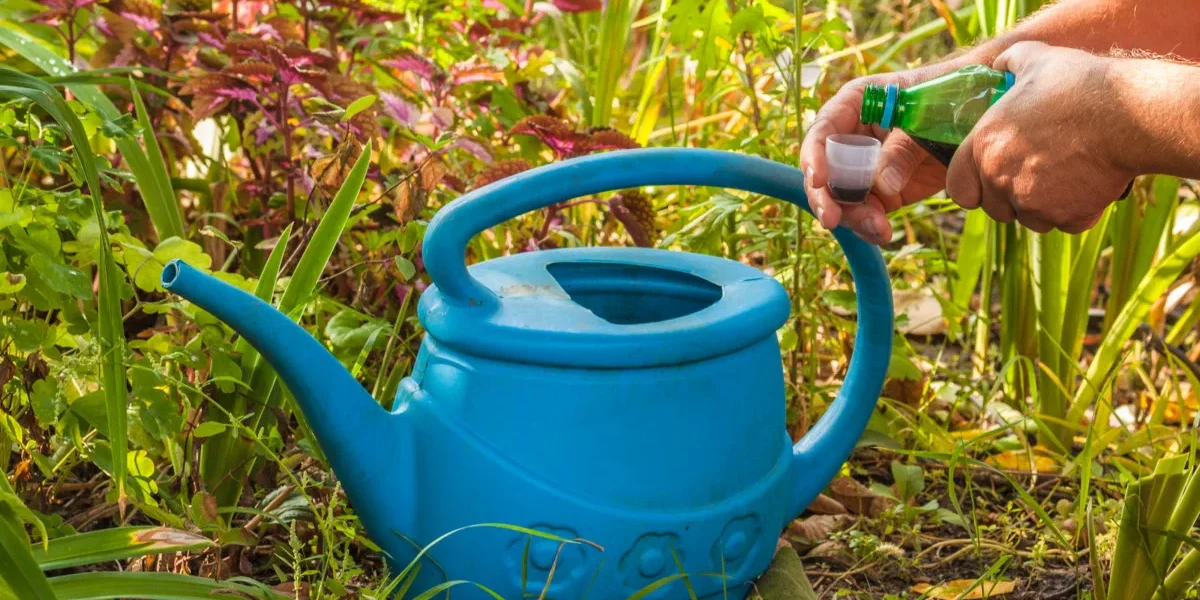For gardeners committed to cultivating a healthy and sustainable garden, choosing the right organic fertilizers is paramount. Organic fertilizers not only enrich the soil with essential nutrients but also promote long-term soil health. In this guide, we explore nine of the best organic fertilizers that will nourish your plants and contribute to a thriving garden.
- Compost: Often referred to as “black gold,” compost is a rich, organic fertilizer made from decomposed plant and kitchen waste. It enhances soil structure, improves water retention, and provides a broad spectrum of nutrients. Compost can be used as a top dressing or mixed into the soil.
- Manure (Well-Aged): Well-aged manure, such as composted cow, horse, or chicken manure, is a potent organic fertilizer. It adds valuable nutrients like nitrogen, phosphorus, and potassium to the soil. Ensure that the manure has aged sufficiently to avoid the risk of burning plants with excess ammonia.
- Bone Meal: Derived from crushed animal bones, bone meal is an excellent source of phosphorus, crucial for root development and flowering. It is particularly beneficial for flowering plants and bulbs. Ensure the bone meal is finely ground for better absorption by plants.
- Fish Emulsion: Fish emulsion is a liquid fertilizer made from fish byproducts. Rich in nitrogen, it provides an immediate nutrient boost to plants. It’s an excellent choice for leafy greens and vegetables. Dilute it according to package instructions to prevent over-fertilization.
- Blood Meal: Blood meal, a byproduct of animal slaughter, is a potent source of nitrogen. It promotes lush, green foliage and is particularly beneficial for leafy vegetables. Use it sparingly, as it can be strong, and follow recommended application rates to avoid nitrogen burn.
- Kelp Meal: Derived from dried seaweed, kelp meal is a natural source of trace minerals, growth hormones, and potassium. It enhances soil structure and stimulates plant growth. Kelp meal is suitable for a variety of plants and promotes overall plant resilience.
- Green Manure (Cover Crops): Green manure involves planting cover crops like clover, legumes, or mustard in vacant garden spaces. These crops improve soil fertility by fixing nitrogen, adding organic matter, and preventing soil erosion. When the cover crops are turned into the soil, they become a natural fertilizer.
- Worm Castings (Vermicompost): Worm castings are the nutrient-rich excrement produced by earthworms during the decomposition of organic matter. They are a potent organic fertilizer, rich in nitrogen, phosphorus, and beneficial microorganisms. Worm castings enhance soil structure and microbial activity.
- Alfalfa Meal: Alfalfa meal is a plant-derived fertilizer made from dried and ground alfalfa plants. It contains a balanced mix of nitrogen, phosphorus, and potassium, along with trace minerals. It promotes overall plant health, improves soil structure, and enhances microbial activity.
Conclusion: Selecting the right organic fertilizers is a crucial step towards cultivating a sustainable and thriving garden. Incorporating these nine organic fertilizers into your gardening routine will not only provide essential nutrients to your plants but also contribute to the long-term health and fertility of your soil. Embrace the natural benefits of these organic options for a garden that flourishes organically.
